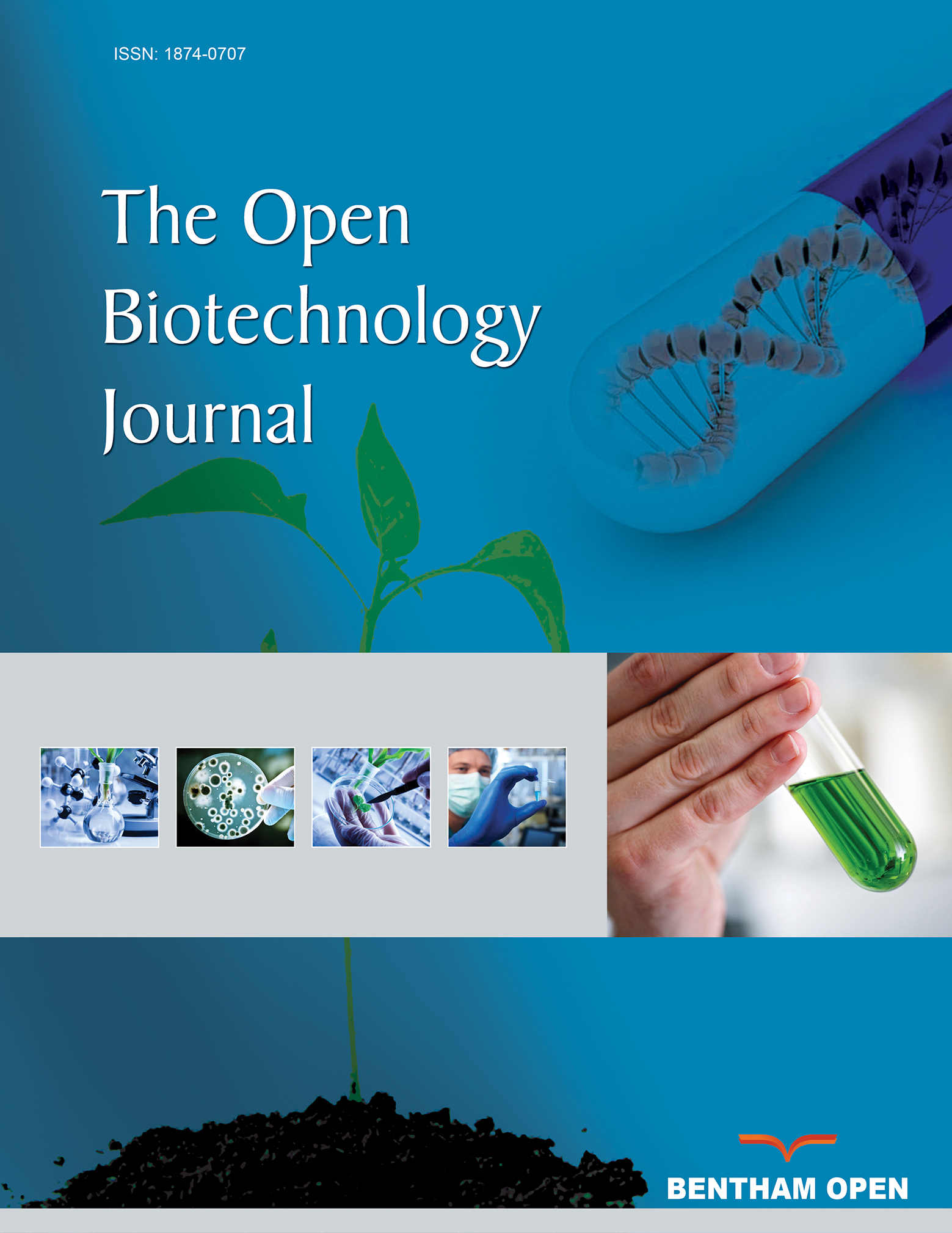All published articles of this journal are available on ScienceDirect.
Heterologous Expression of Transcription Factor AtWRKY57 Alleviates Salt Stress-Induced Oxidative Damage
Abstract
Background:
WRKY transcription factors play important roles in the responses to abiotic stresses, seed dormancy, seed germination, developmental processes, secondary metabolism, and senescence in plants. However, molecular mechanisms of WRKY transcription factors-related abiotic stress tolerance have not been fully understood.
Methods:
In this investigation, transcription factor AtWRKY57 was introduced into cell lines of rice (Oryza sativa L.), tobacco (Nicotiana tabacum), and white pine (Pinus strobes L.) for characterization of its function in salt stress tolerance. The purpose of this investigation is to examine the function of AtWRKY in a broad sample of plant species including monocotyledons, dicotyledons, and gymnosperms.
Results:
The experimental results demonstrated that heterologous expression of transcription factor AtWRKY57 improves salt stress tolerance by decreasing Thiobarbituric Acid Reactive Substance (TBARS), increasing Ascorbate Peroxidase (APOX) and Catalase (CAT) activity under salt stress. In rice, overexpression of transcription factor AtWRKY57 enhances expression of Ca2+-dependent protein kinase genes OsCPk6 and OsCPk19 to counteract salt stress.
Conclusion:
These results indicated that transcription factor AtWRKY57 might have practical application in genetic engineering of plant salt tolerance throughout the plant kingdom.


